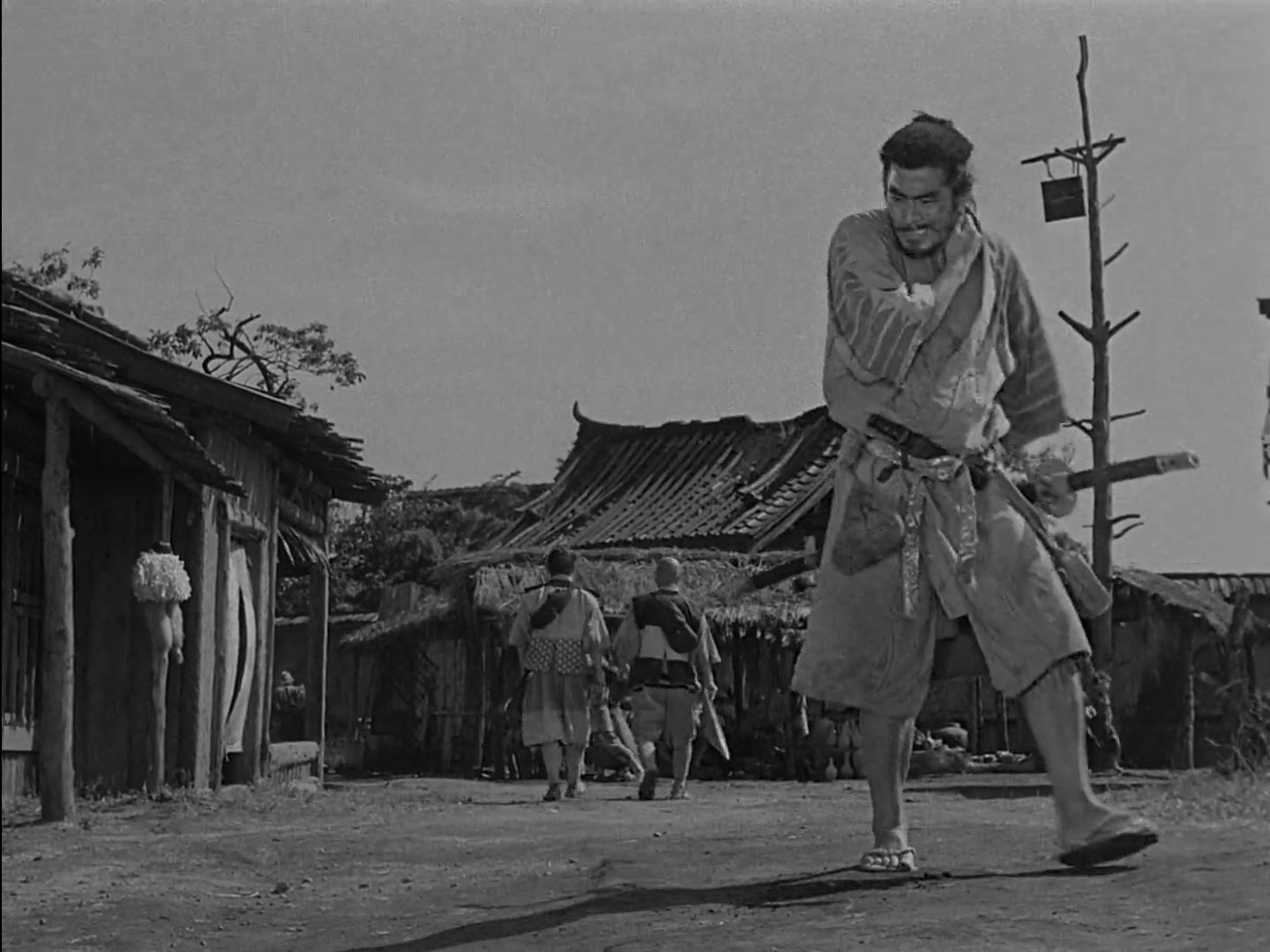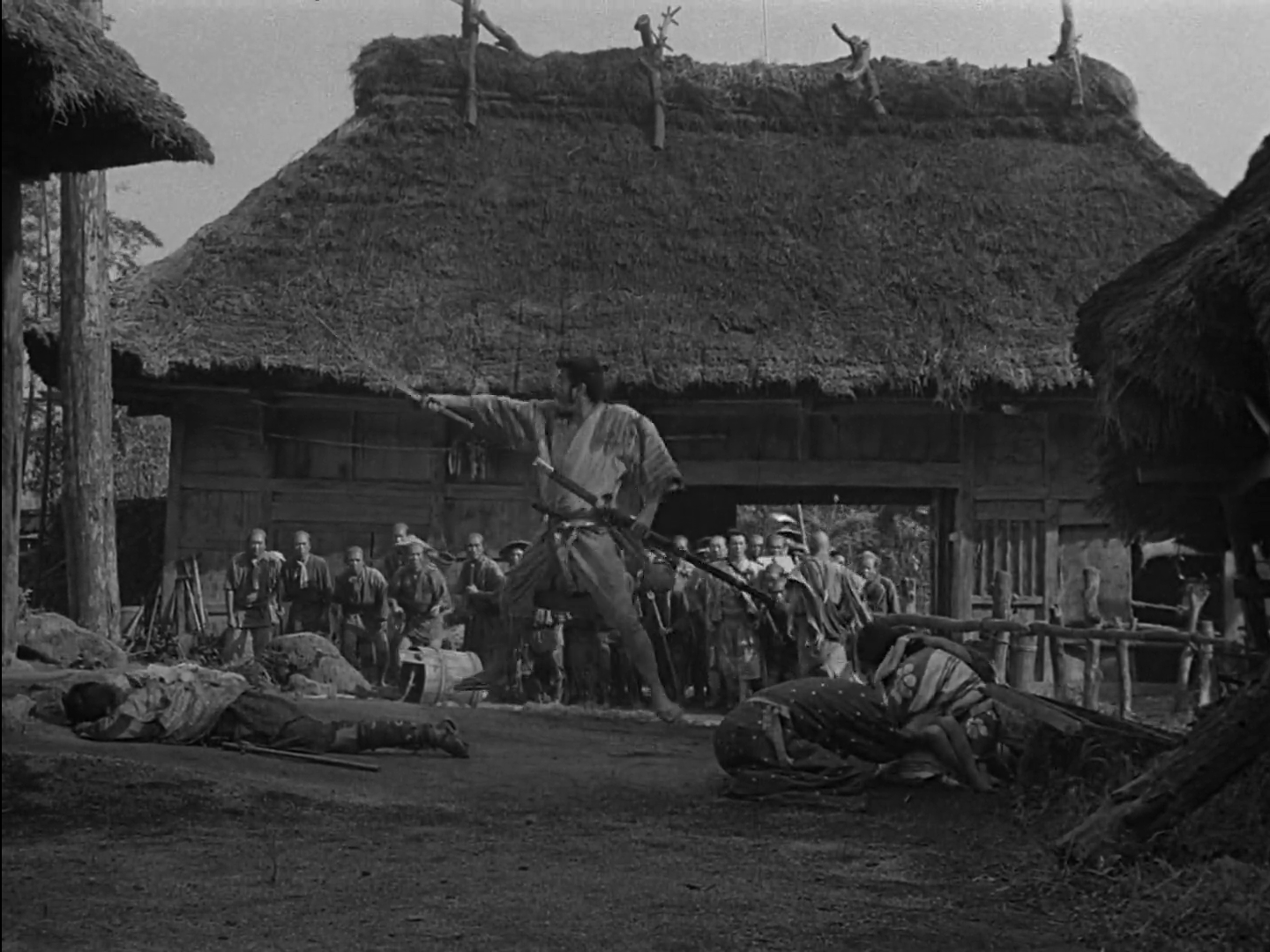In the final act of Seven Samurai Kikuchiyo prominently readies a half a dozen swords, in addition to his personal big sword, to ready himself for the final fight.
“I CAN’T KILL LOTS WITH ONE SWORD!”
wtf I watched Seven Samurai last night, is Frank stalking me?

I am in your closet shitposting right now. Also, you’re out bread.
If anyone has a higher resolution picture of Kikuchiyo doing something Kikuchiyo let me know, I’m not happy with parts of this and want to re-visit it. I also want to fill the long black shadow with a hard-ass quote abut fighting bandits but I can’t come up with anything good.
:kikuchiyo-befuddled:

:kikuchiyo-triumphant:

Kikuchiyo makes the movie. Mifune’s mixture of clowning and raw pathos is the glue that brings it all the excellent performances together in a coherent whole.
I like to think he stole that gigantic sword from a shrine or temple or something. I’m told oversized swords were sometimes made as offerings as a sort of proof of effort and skill kind of thing. “We worked very hard on this impractical thing to show how much we care” kind of deal.
Yeah the movie certainly wouldn’t be the same without him. For me, the central idea that I got from the movie is that the strong ought to protect the weak, not dominate them; Kikuchiyo embodies both sides of that dialectic as a farmer turned samurai, the weakling who became strong. His speech about farmers being wily only as a defense mechanism against the samurai’s abuse is what tied the whole movie together thematically.
Yeah. When the Samurai realize the truth of what he says and all immediately become downcast with shame, realizing what they as professional warriors have done to the people, it’s such a powerful moment. I interpret it as a commentary on the Imperial Japan period, and how the expansionist warmongering of that era lead to the utter destruction of the Japanese mainland and the death of millions.
And I really like that; The Samurai don’t save the town. They teach the people to fight and lead them. Vanguardism for the win!


